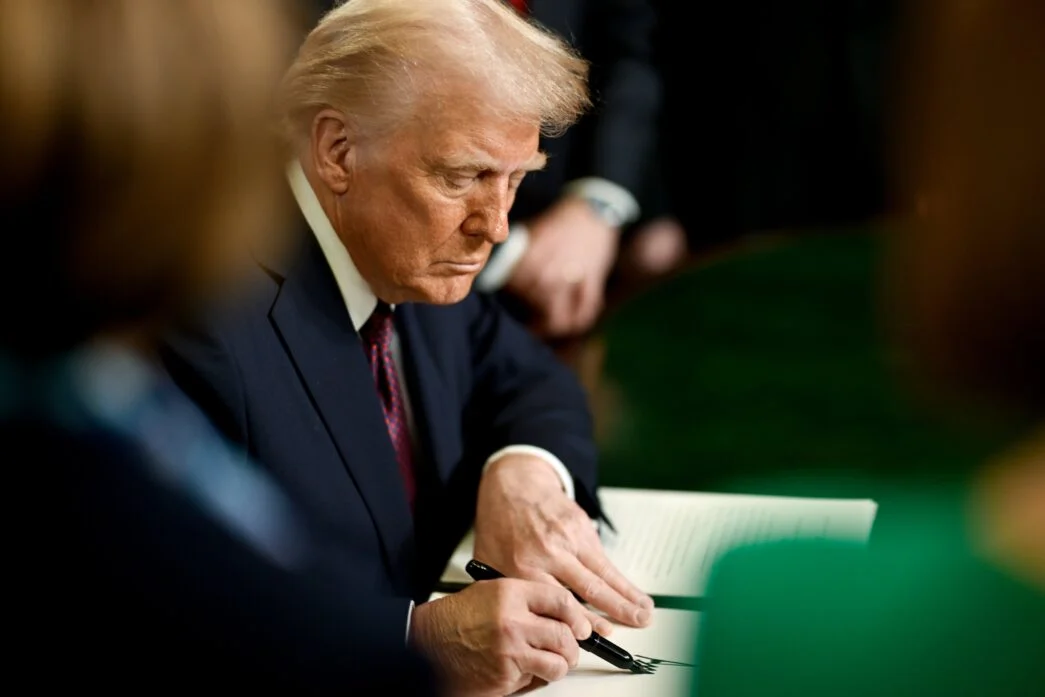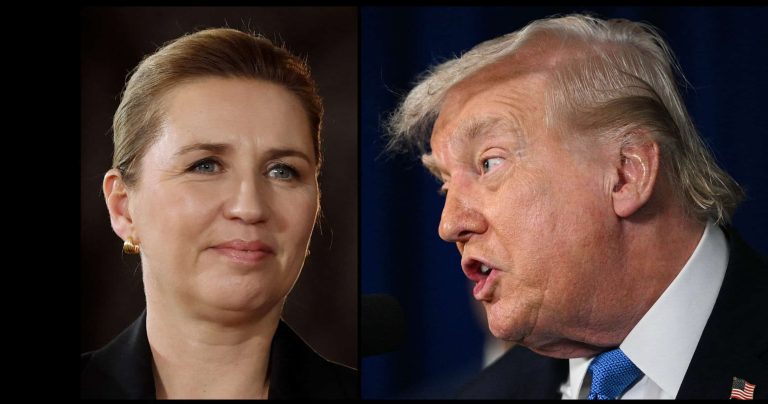
U.S. President Donald Trump has rolled back a Biden-era environmental rule that imposed tighter limits on air pollution from copper smelters, granting the industry a temporary reprieve as part of his administration’s push to strengthen domestic mineral production.
The regulation, finalized in May 2024, required smelters to curb emissions of lead, arsenic, mercury, benzene, and dioxins in line with updated federal clean air standards.
Under Trump’s new presidential proclamation, affected facilities will now enjoy a two-year exemption from compliance. The White House said the measure aims to bolster American mineral security and reduce “unnecessary regulatory burdens” on an industry already under strain.
“Imposing these requirements on such a limited and already strained domestic industry risks accelerating further closures, weakening the nation’s industrial base, undermining mineral independence, and increasing reliance on foreign-controlled processing capacity,” the White House said in a statement quoted by Reuters.
Impact on U.S. Smelters
The proclamation specifically cited the two remaining copper smelters in the United States — one operated by Freeport-McMoRan and the other by Rio Tinto. It confirmed that Freeport’s facility would be covered by the order, though it remains unclear how the exemption will affect Rio Tinto’s operations.
Both companies declined immediate comment on the announcement.
Copper Declared a Critical Material
Earlier this year, Trump signed an executive order classifying copper as a critical mineral essential to national defense, infrastructure, and emerging technologies — including clean energy systems and electric vehicles.
The administration also launched a Section 232 investigation under U.S. trade law to determine whether dependence on imported copper poses a threat to national security, citing heavy reliance on a small number of foreign suppliers.
Following that review, Washington imposed a 50% tariff on certain imported copper and introduced new requirements ensuring that a growing share of high-grade recycled copper produced domestically be sold within the U.S. market.



